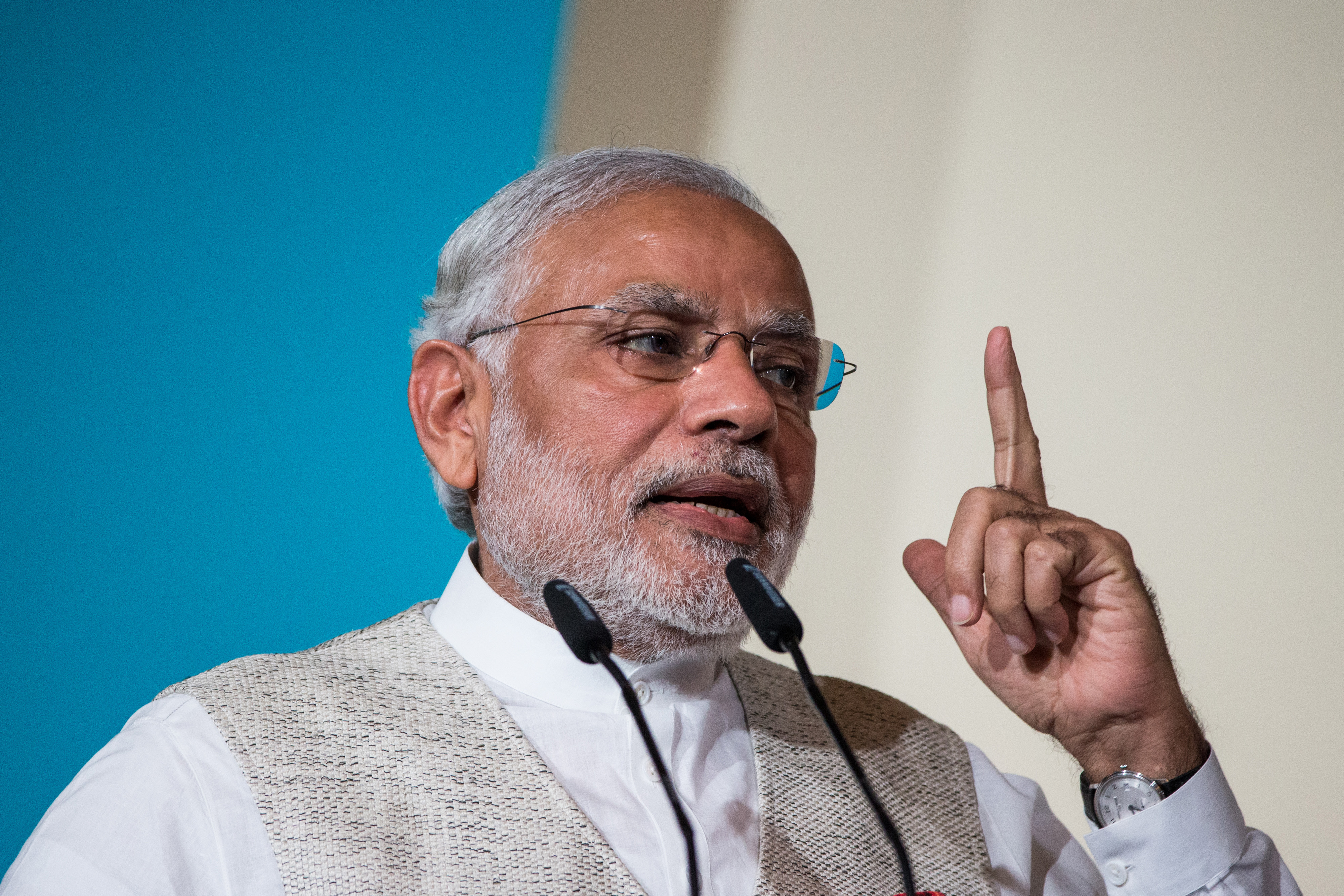In Japan, lawyers are fortunately not arrested by the state for doing their job, as they are in China. Nor are academics faced with indictment for challenging mainstream history narratives, as in South Korea.
We tend to expect the worst when it comes to China, but in democratic South Korea it is troubling to learn that professor Park Yu-ha is being subjected to a witch-hunt over her recent book, which challenges the official story of the "comfort women." Whether she is right or not is irrelevant; in a functioning democracy scholars should have the political space needed to voice their opinions even if their ideas are unpopular.
Combined with President Park Geun-hye's recent initiative to reassert a state monopoly on high school textbooks by 2017, and the arrest of a Japanese journalist for what amounted to shoddy journalism — thereby transforming him into an undeserving icon for press freedom — clearly the South Korean government is working overtime to tarnish that nation's hard-won image for robust democracy. The good news is that large-scale demonstrations against the president's gambit to white-wash history show that citizens zealously guard these rights and are not going to tolerate any conservative backsliding on South Korea's praetorian history.

















With your current subscription plan you can comment on stories. However, before writing your first comment, please create a display name in the Profile section of your subscriber account page.